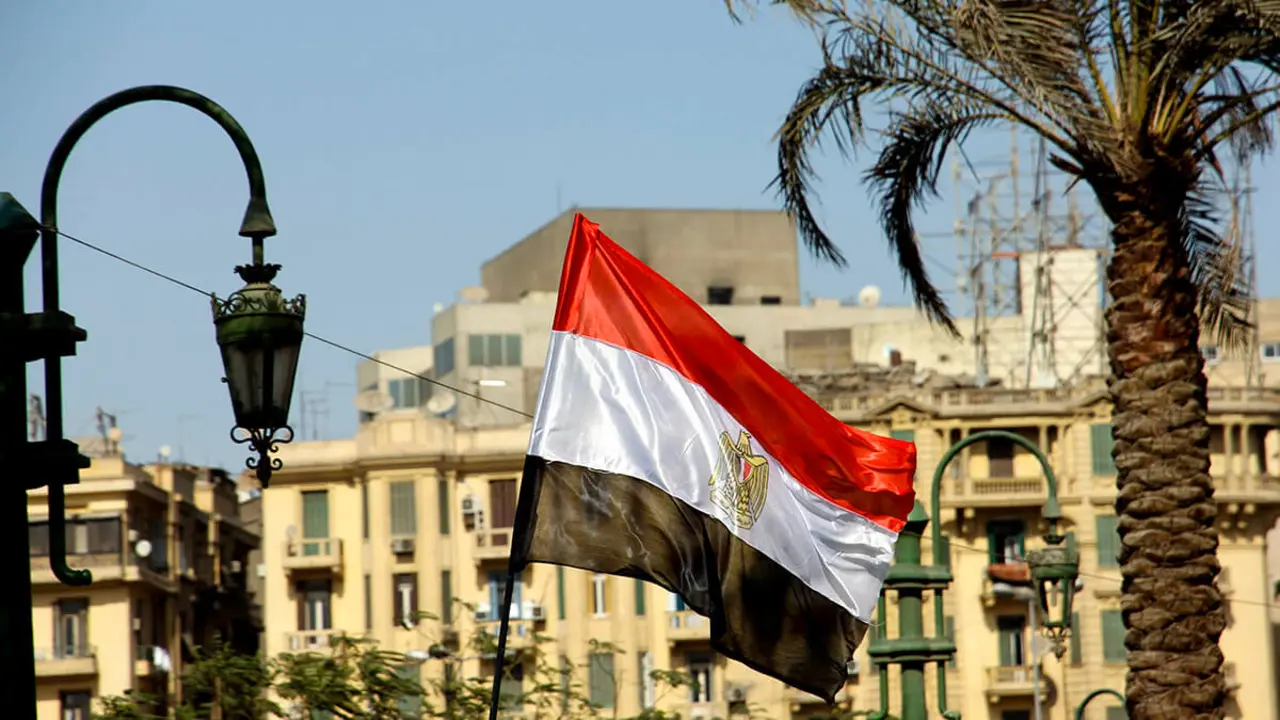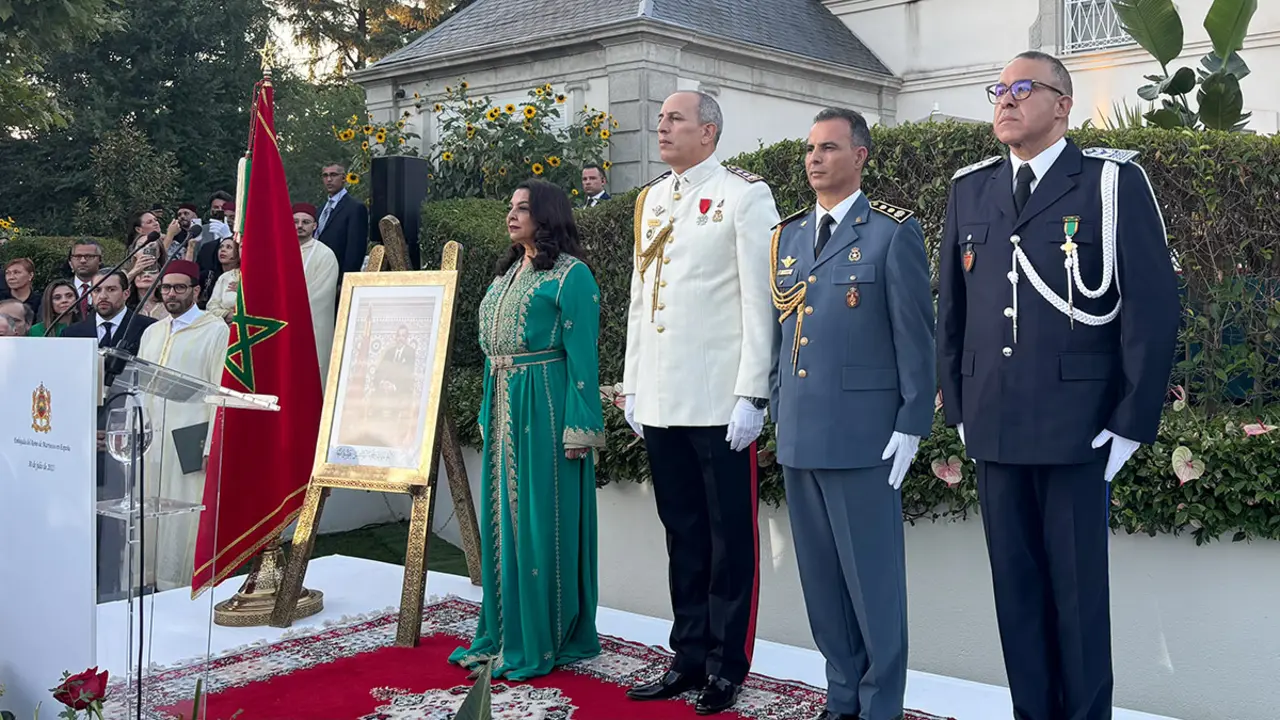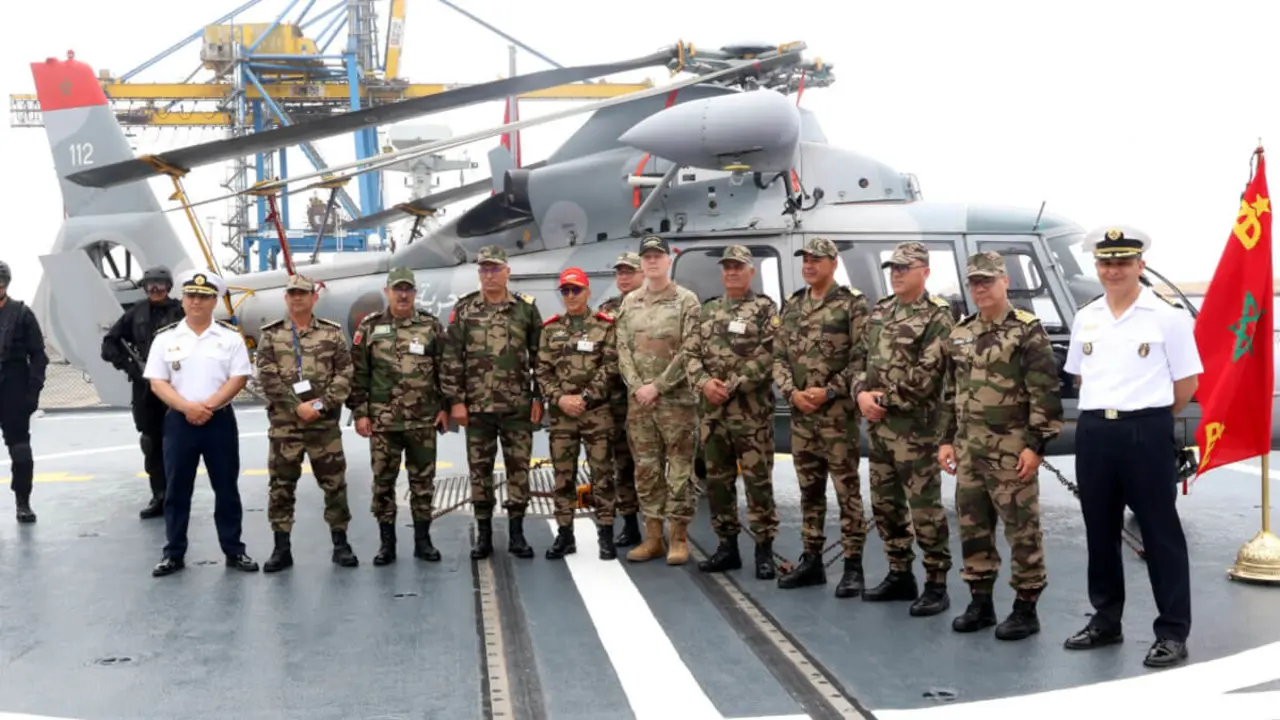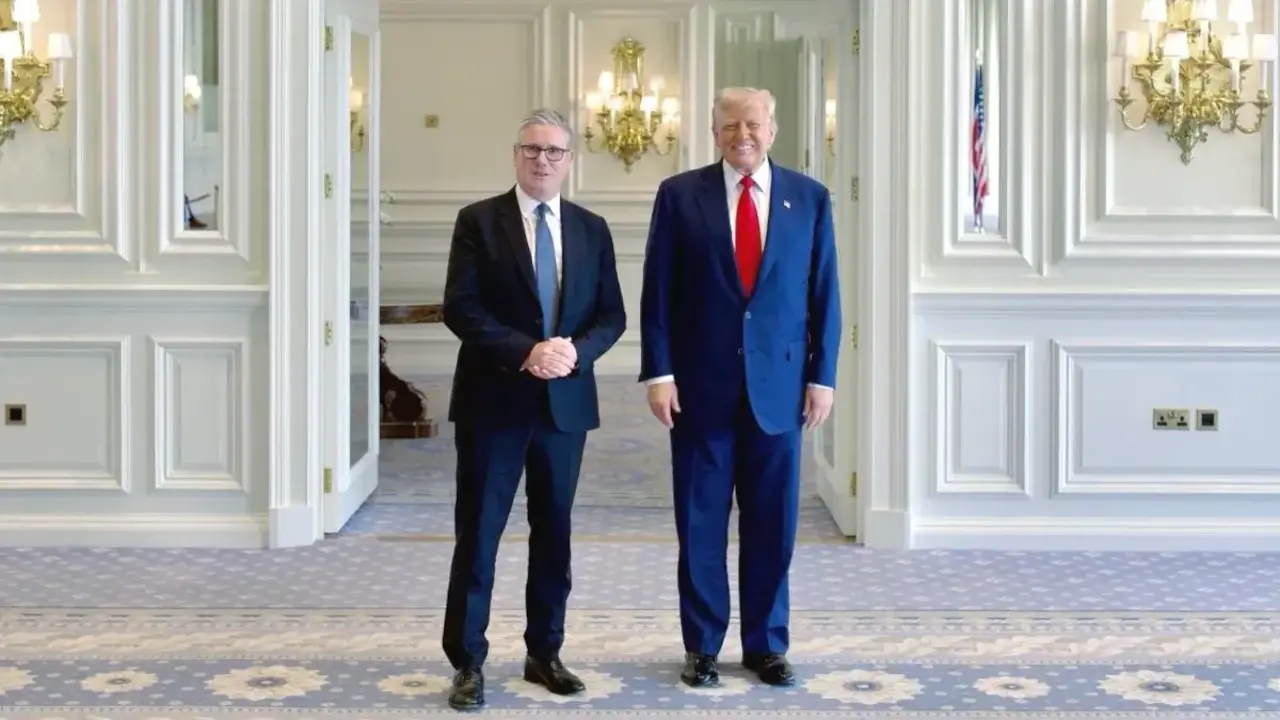Concern grows over Muslim Brotherhood influence in Sudan
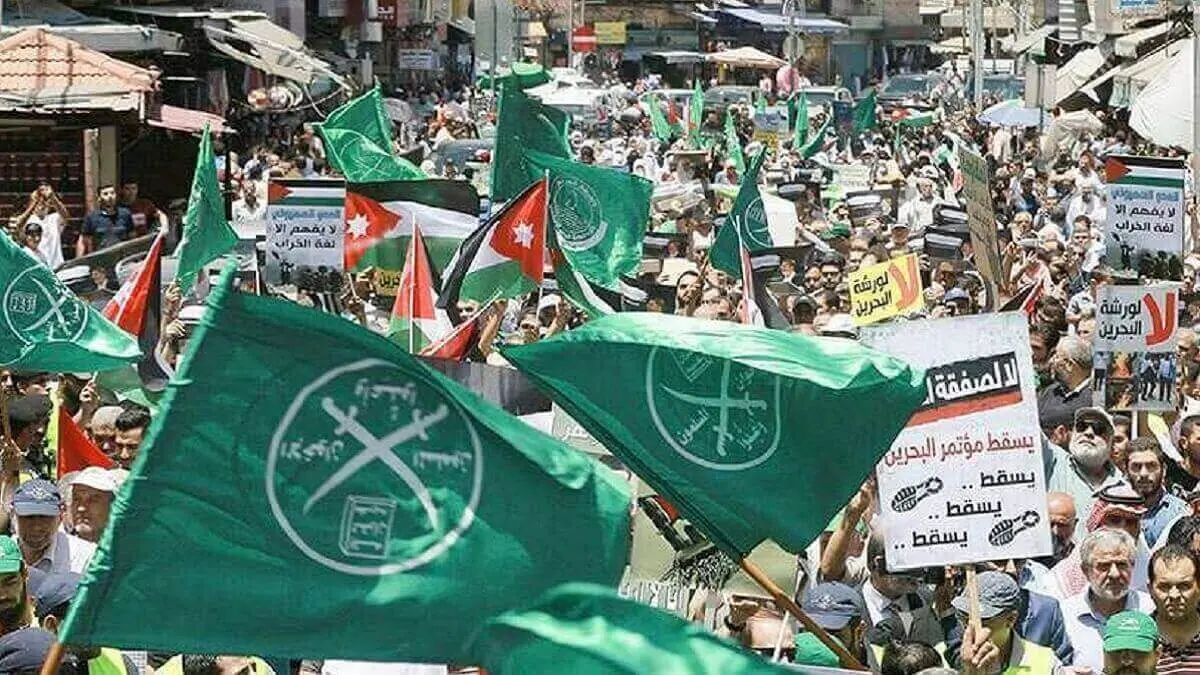
As a transnational Islamist organisation, deeply rooted in Sudanese politics, the Muslim Brotherhood played a key role in the establishment of the previous Islamist government of Omar Bashir in 1989.
Even after its overthrow in 2019, the Brotherhood has stood the test of time and its influence continues, with many fearing its possible return amid fighting between the Sudanese Armed Forces (SAF) and the paramilitary Rapid Support Forces (RSF).
For several decades, the Brotherhood has been gaining support from various groups in Sudanese society through its advocacy of political Islam and social justice. However, its application of sharia during its rule triggered a brutal civil war when it was rejected by large sections of the population who adhered to Christianity and other local faiths.
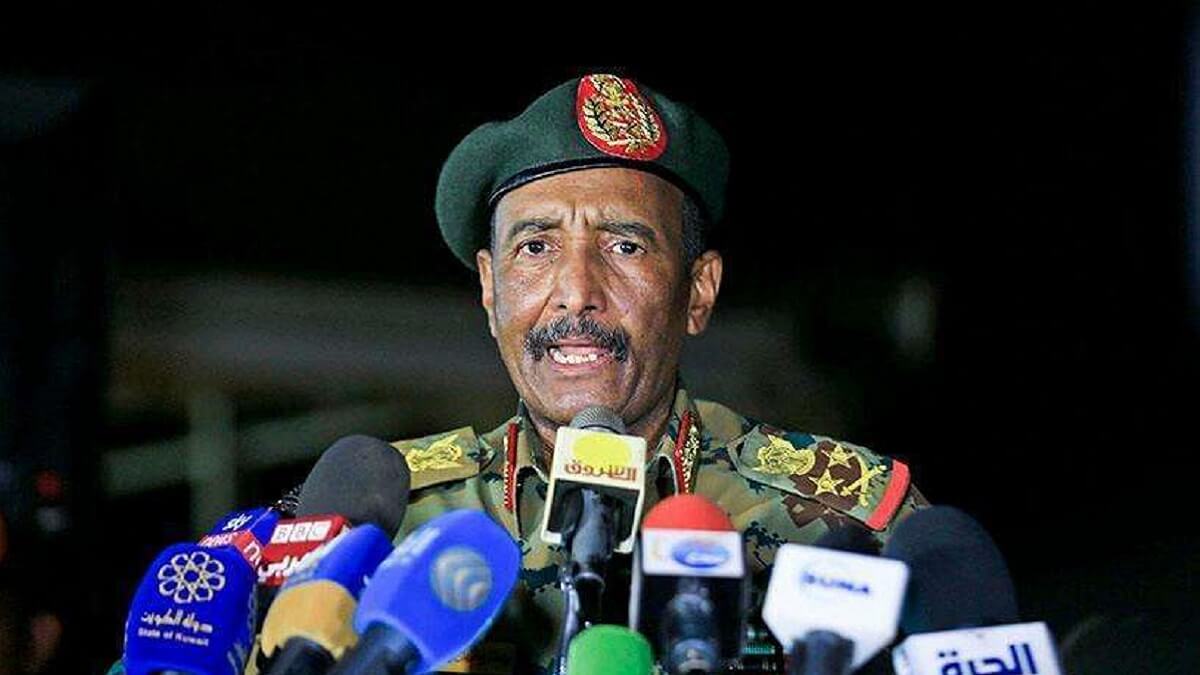
While the fall of the Islamist government marked a turning point in 2019, concerns remain over the Brotherhood's continued influence over Sudan's military leadership. The group's power has continued through para-police units affiliated with the former regime, which have been accused of targeting women because of their growing role in public life.
In addition, divergent views on the role of Islam in Sudan's democratic future have contributed to divisions within the main political parties, potentially providing the Brotherhood with a constituency to exploit.
In the National Umma Party, a split emerged following the agreement reached in 2021 between Abdel Fattah Al-Burhan, head of the armed forces and de facto ruler, and Abdel-Aziz-Hilu, chairman of the Sudan People's Liberation Army (SPLA-North), on the separation of religion and state.
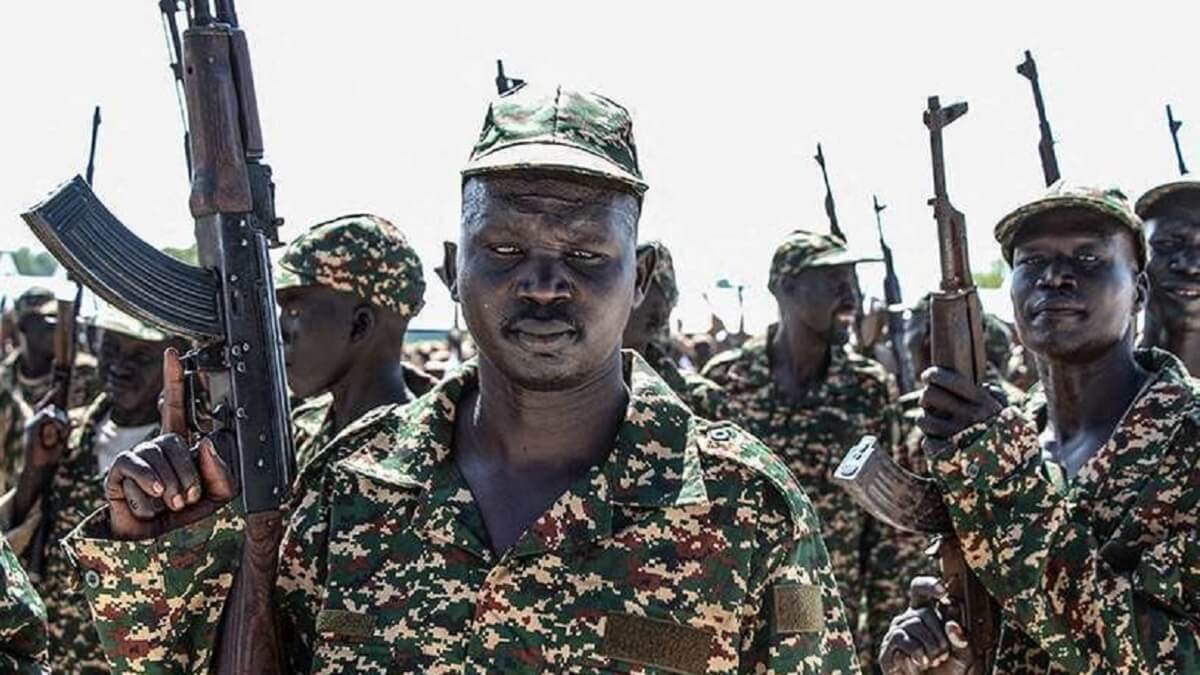
While the party leadership suggested postponing the debate until the end of the transitional period, the Minister of Religious Affairs, Nasr Al-Din Mufreh, drafted a bill to ban religious-based political parties, prompting contradictory statements within the Umma Party.
Experts fear that some Sudanese generals see the Brotherhood as a potential ally in their quest for power and control. The group's political base and its ability to mobilise support among religious Islamist groups make it an attractive partner. However, this involvement could lead to increased factionalism and power struggles within the military.
In the midst of the current conflict in Sudan, the RSF has adopted an anti-Islamist stance, accusing groups such as the Brotherhood of infiltrating the SAF to promote their political agenda.
The Muslim Brotherhood's influence in Sudan raises questions about the country's secular foundations and has potential implications beyond its borders, as Sudan's location creates an environment that terrorist organisations such as Daesh could exploit.
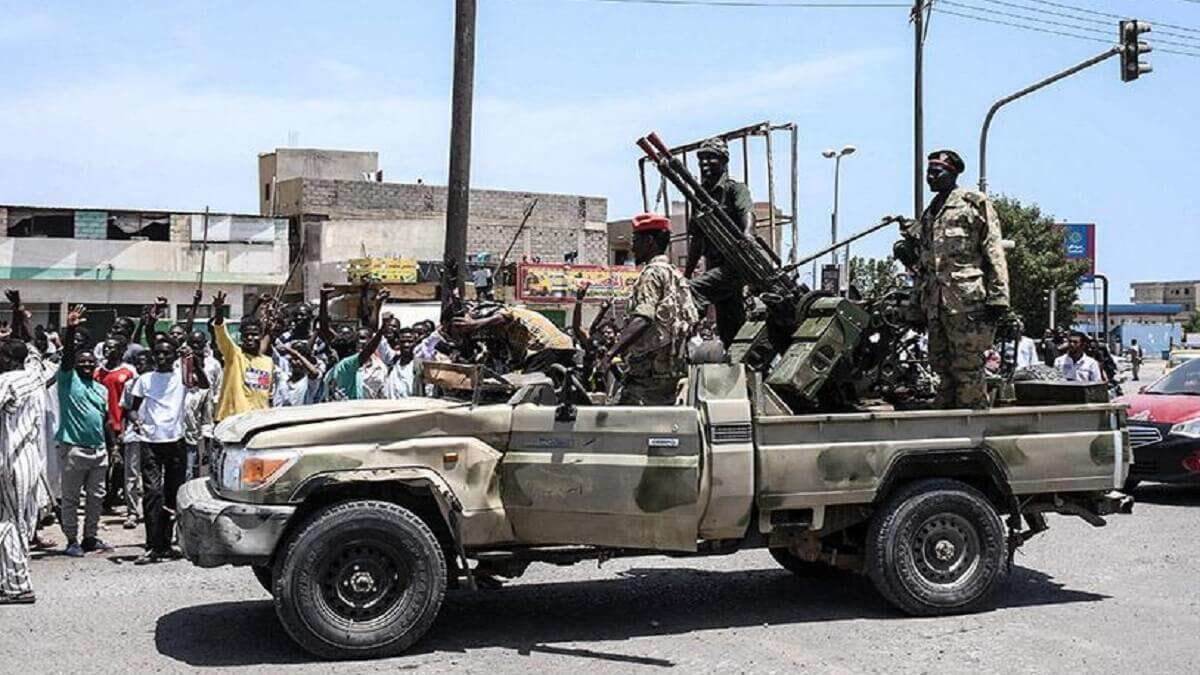
Experts tell Arab News that the Brotherhood poses a challenge to Sudan's long-term democratic aspirations, hindering the establishment of democratic institutions and impeding the country's transition to stability.
Therefore, in order to safeguard Sudan's democratic values and promote political pluralism, they stress the need for a future transitional government to address the Brotherhood's influence and counter its discourse, while encouraging the creation of alternative channels for political participation.
Furthermore, the Brotherhood's control over sectors such as agriculture has had an impact on the Sudanese economy and society. Its influence over the black market has preserved its power while contributing to the impoverishment of Sudanese society.
Sudan's economic crisis, exacerbated by international sanctions and government policies, has fuelled public discontent and protests that Brotherhood-aligned politicians have tried to contain in the past.




